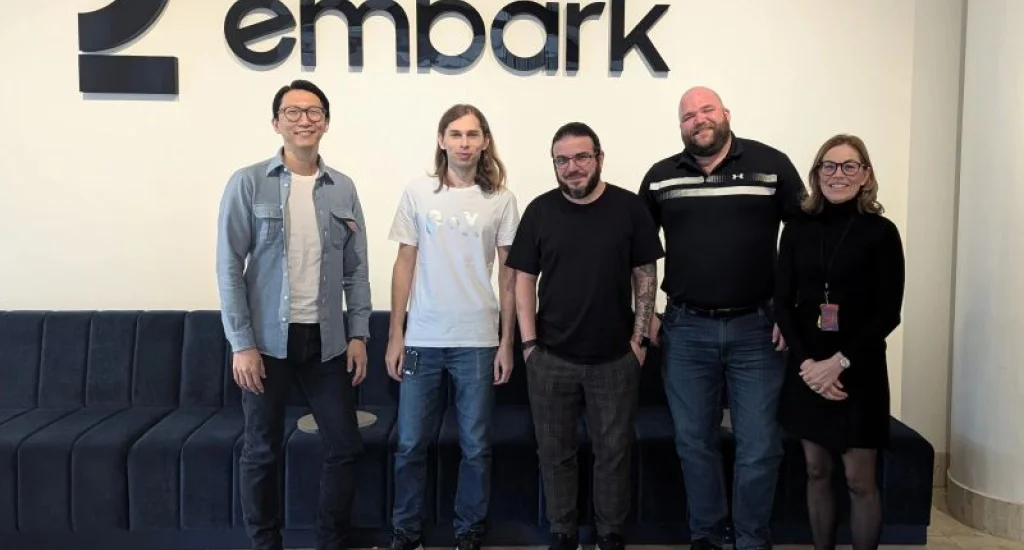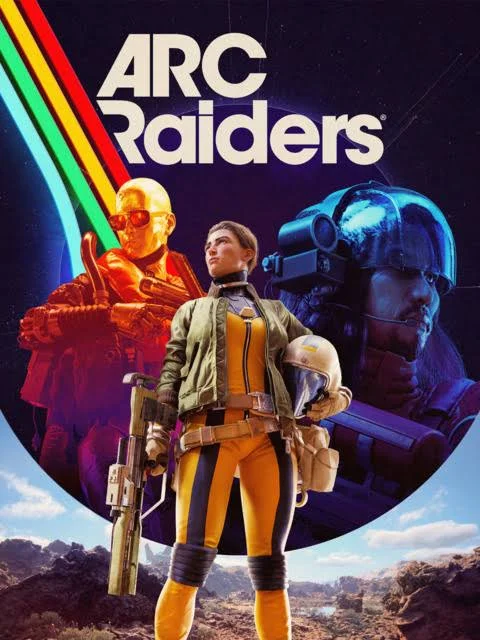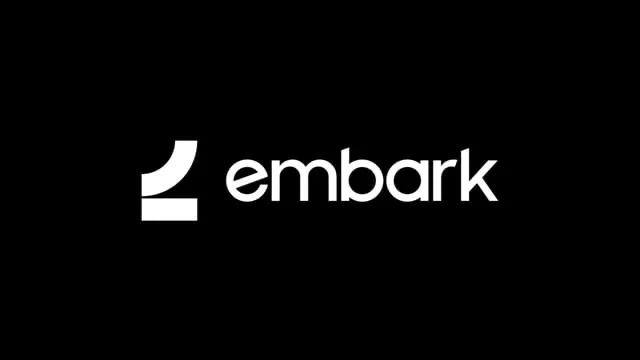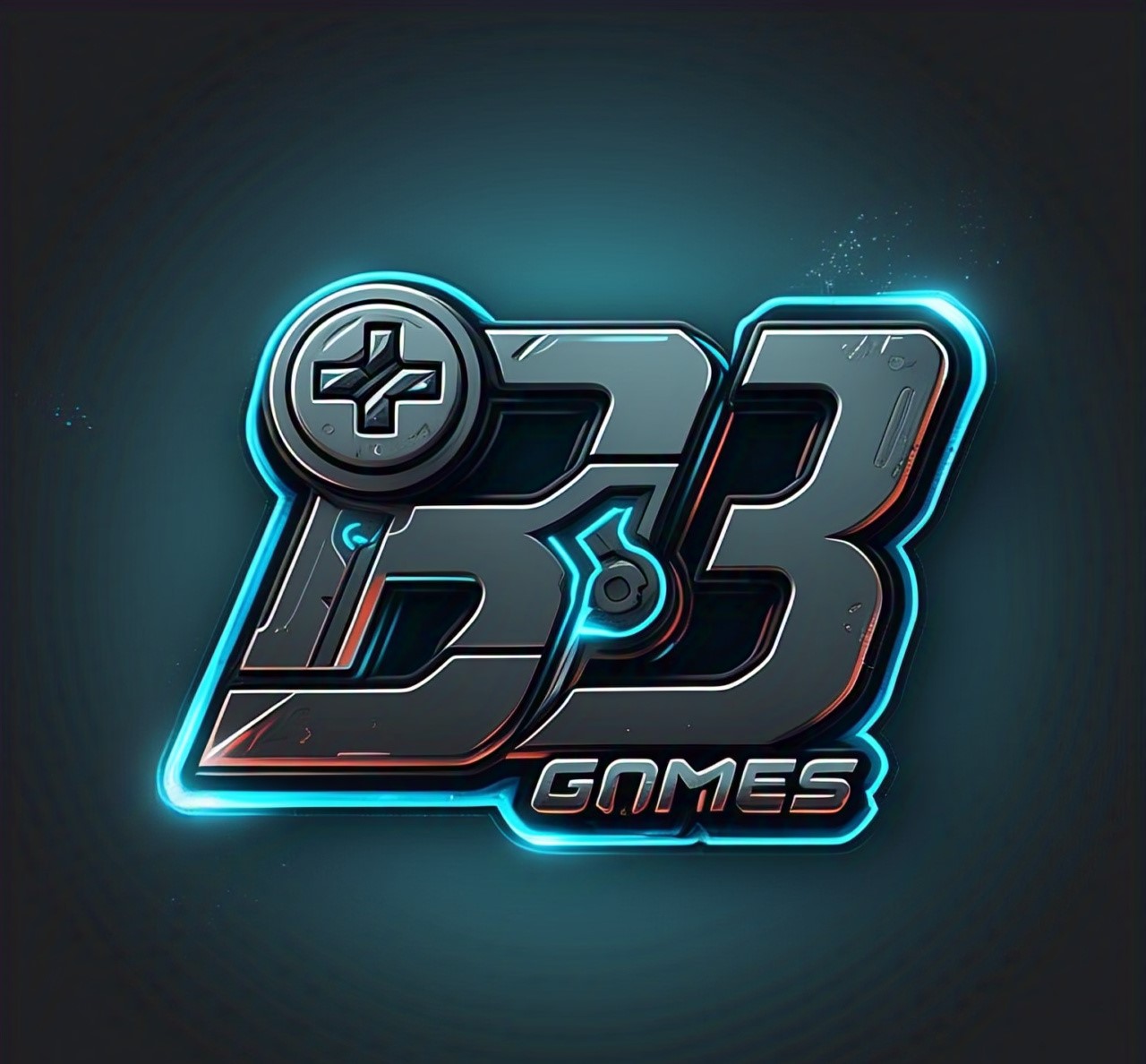
Embark Studios Twitter Buzz
How a Stockholm startup became gaming's most-watched studio through social media savvy, player-first design, and two surprise hits
In the fickle world of video game development, where billion-dollar studios stumble and indie darlings fade into obscurity, Embark Studios has accomplished something remarkable. The Stockholm-based developer has not only survived—it's thriving, building a devoted following through Twitter transparency, community engagement, and a willingness to delay games until they're actually fun.
In November 2025, as their extraction shooter ARC Raiders dominates Steam charts, the studio's social media strategy offers a masterclass in how to build trust in an industry drowning in broken promises.
Founded in 2018 by former DICE veterans Patrick Söderlund, Johan Andersson, and Jenny Huldschiner, Embark Studios understood from day one that modern game development happens in public. Their Twitter account became more than a marketing channel—it became a conversation, a window into their creative process, and a promise to players tired of being treated as walking wallets.
The Power of Saying 'It Wasn't Fun'
Few moments in Embark's Twitter history matter more than their 2023 admission about ARC Raiders. Initially revealed at The Game Awards in 2021 as a co-op PvE shooter, the game underwent a major transformation after early testing revealed it was "not fun." Instead of pushing forward with a flawed product, they delayed the game nearly four years and completely overhauled it into a PvPvE extraction shooter.

That kind of business decision—choosing quality over quarterly deadlines—would have destroyed most studios. But Embark communicated transparently through social media, keeping their community informed about why delays happened and what they were fixing. The result? When ARC Raiders finally launched on October 30, 2025, it arrived to massive player enthusiasm rather than skeptical dismissal.
"We took the feedback seriously," CEO Patrick Söderlund told PCGamesN. "It would have been easier to ship what we had, but it wouldn't have been Embark." That commitment to excellence, articulated repeatedly across their Twitter communications, transformed potential disaster into vindication.
The Finals: A Stealth Drop That Changed Everything
Before ARC Raiders captured headlines, there was The Finals—Embark's debut game that arrived with zero traditional marketing fanfare during The Game Awards 2023. The free-to-play first-person shooter featuring fully destructible environments dropped as a playable game the moment it was announced, a bold move that generated instant buzz across social media.
The Finals brought in 10 million players within two weeks of launch. But more importantly, it established Embark's reputation for polish, innovation, and respect for player time. The game's success wasn't accidental—it was the product of years of technological development that Embark had been sharing glimpses of through Twitter threads about their proprietary tools and engine capabilities.
Now, in late 2025, CEO Patrick Söderlund has confirmed that "the last 6 months of The Finals has seen steady growth…the game is profitable." For a free-to-play title competing against Call of Duty and Fortnite, profitability represents validation of their player-first monetization approach—no pay-to-win mechanics, just cosmetics and battle passes.
ARC Raiders Launches Into the Storm
October 30, 2025, should have been a terrible day to launch a new shooter. Battlefield 6 was firing on all cylinders and Activision was gearing up to launch Call of Duty: Black Ops 7 in a little more than two weeks. Yet ARC Raiders didn't just survive this competitive gauntlet—it dominated.
Within hours of launch, the game reached 243,386 concurrent players on Steam, surpassing The Finals' launch numbers of 242,619. By week's end, ARC Raiders had rallied over 328,000 concurrent players on Steam, cementing its position as one of 2025's biggest gaming success stories.
The game's Twitter-driven marketing strategy played no small role in this triumph. Rather than spending millions on traditional advertising alone, Embark cultivated genuine enthusiasm through playable tech tests, transparent development updates, and a partner program that connected content creators directly with the development team. When players praised the anti-cheat system that automatically refunds gear lost to cheaters—even without player reports, Embark's Twitter account amplified that message, showing they were listening.
Community First, Commerce Second
What distinguishes Embark's social media presence from corporate competitors is authenticity. Their tweets don't read like they've been sanitized through six layers of legal review. They share development struggles, celebrate player creativity, and admit mistakes when systems don't work as intended.
This approach resonates particularly strongly with gaming's increasingly cynical audience. After years of studios promising the world and delivering broken launches, loot box exploitation, and abandoned support, Embark's straightforward communication feels revolutionary simply for being honest.
The gaming industry news cycle is littered with cautionary tales—studios that overpromised, under-delivered, and lost community trust forever. Embark studied those failures and built their Twitter strategy around the opposite principle: under-promise, over-deliver, and treat players like intelligent adults who deserve transparency.
The Roadmap That Actually Means Something
Days after ARC Raiders' launch, Embark Studios outlined its detailed 2025 roadmap, divided into three major phases: Ongoing Updates, North Line (arriving in November), and Cold Snap (slated for December). The November update introduces Stella Montis, a fifth map, plus new ARC enemies called the Matriarch and Shredder. December brings a Snowfall Map Condition and the Flickering Flames Event.
But here's what makes Embark's roadmap different from the genre-standard promises: credibility. Because they've delivered consistently on The Finals over nearly two years, players actually believe the ARC Raiders roadmap will materialize as promised. That trust, built incrementally through Twitter updates and delivered patches, represents currency more valuable than any marketing budget.
"We are so thankful to have you on this journey with us," Embark Studios writes on its website in its roadmap blog post, "and we will continue to refine and grow the game with your feedback in mind." These aren't hollow corporate platitudes—they're commitments backed by a track record of listening and responding to community input shared across social media platforms.
Two More Games Already in Development
Even as ARC Raiders dominates headlines, Embark isn't resting. CEO Patrick Söderlund revealed the studio currently has two new games in the conceptual phase of development, with one having more "edge" to it and the other being more conventional. This announcement, shared through gaming press but amplified across Twitter, demonstrates Embark's long-term vision beyond individual titles.
"That, I think, is just ingrained in our DNA," Söderlund said about the studio's focus on online games. "That doesn't mean that they're online games in the same way as The Finals or ARC Raiders." The intentional vagueness has sparked speculation across gaming communities, with Twitter threads dissecting what "more edge" might mean for a studio already pushing boundaries in destruction physics and emergent gameplay.

This forward-looking communication strategy keeps Embark relevant between major releases. Where other studios go silent for years between projects, Embark maintains ongoing dialogue with their community, building anticipation without overpromising specific features or release dates that might later require embarrassing clarifications.
The Technology Behind the Tweets
Embark's Twitter presence occasionally pulls back the curtain on their technological innovations, giving followers glimpses into how modern game development actually works. Their posts about proprietary tools that automatically create game-ready assets from simple input geometry, turning what used to take weeks into something that takes a couple of days, educate audiences while showcasing the studio's technical sophistication.
This educational approach serves multiple purposes. It attracts engineering talent interested in cutting-edge development pipelines. It builds credibility with hardcore gamers who appreciate technical excellence. And it differentiates Embark from competitors whose technology communication never ventures beyond marketing buzzwords.
The studio has also been transparent about their use of AI and machine learning, a contentious topic in gaming. Executive Producer Aleksander Grøndal clarified that while Embark uses AI for certain voice lines and animations, it doesn't generate in-game assets like weapons through AI. This nuanced explanation, shared across interviews and amplified on social media, demonstrates respect for ongoing industry debates about AI's role in creative work.
The Ex-DICE Factor
Understanding Embark's success requires acknowledging where they came from. The studio's founding team spent years at DICE, the legendary Swedish developer behind the Battlefield franchise. They understand large-scale multiplayer shooters at a molecular level—and they also understand what went wrong when corporate pressures overwhelmed creative vision.
When Söderlund left EA in 2018, he wasn't just leaving a job—he was escaping a system that prioritized profit margins over player experience. Embark Studios was founded as an explicit rejection of that model, choosing independence (later partial acquisition by Nexon for financial stability while maintaining creative control) over the security of corporate employment.
This origin story resonates across their Twitter presence. Their posts about learning from past mistakes, choosing quality over speed, and respecting players' intelligence all reflect lessons learned during years watching talented developers forced to compromise their vision for quarterly earnings calls.
Building Trust in a Skeptical Industry
The gaming industry in 2025 faces a trust crisis. High-profile failures like Sony's Concord—which shut down after just two weeks—and numerous cancelled live service projects have made players reflexively skeptical of new multiplayer shooters, particularly extraction games competing in an oversaturated market.

Embark navigated this skepticism through consistent, transparent communication. Their Twitter account never promised their games would be perfect—instead, they promised to listen, iterate, and fix problems quickly. When server issues emerged during ARC Raiders' launch weekend, they acknowledged them publicly, explained what went wrong, and deployed hotfixes within hours rather than days.
This responsiveness, documented in real-time across social media, builds the kind of goodwill that can't be purchased through traditional marketing. Players become evangelists not because they're paid influencers (though Embark does have a partner program), but because they genuinely believe the studio cares about their experience.
The Marathon Question
Much conversation surrounding ARC Raiders involves comparisons to Marathon, Bungie's upcoming extraction shooter. Early playtests for Marathon generated tepid responses, while ARC Raiders' tech tests sparked genuine enthusiasm. This dynamic has created a narrative where Embark—the indie upstart—might dethrone Bungie, the established titan.
Embark's Twitter account hasn't directly addressed this rivalry, maintaining focus on their own games rather than competitive positioning. But the contrast speaks volumes. Where Marathon's development has been shrouded in mystery and corporate messaging, Embark has shared their journey openly, treating their audience as collaborators rather than consumers.
The extraction shooter market in late 2025 is brutally competitive. Escape from Tarkov remains the genre standard, though its hardcore difficulty limits mainstream appeal. ARC Raiders positioned itself as more accessible without sacrificing depth—a balance that requires not just smart design but effective communication about what makes the game different.
As November 2025 unfolds, Embark Studios stands as proof that independent vision, transparent communication, and respect for players can still win in an industry increasingly dominated by cynical monetization and broken promises. Their Twitter presence isn't just marketing—it's philosophy made visible, a daily demonstration that game developers can treat their audience as partners rather than targets.
The numbers tell part of the story: hundreds of thousands of concurrent players, profitable operations, and two unannounced projects already in development. But the more meaningful metric is trust—the intangible currency that determines whether players give new games a chance or dismiss them as just another corporate cash grab.
Embark earned that trust through years of consistent communication, delivered promises, and willingness to delay games until they were actually fun. Their Twitter account became the public face of that philosophy, sharing victories and setbacks with equal transparency, treating followers as intelligent adults who deserved honest answers.
In an industry where "coming soon" often means "never arriving," and "roadmaps" frequently become monuments to abandoned ambition, Embark Studios built something different: a reputation for actually doing what they said they'd do. And in 2025's gaming landscape, that might be the most revolutionary innovation of all.
As Söderlund himself might tweet: This is only the beginning. The Rust Belt awaits.
Related Articles




